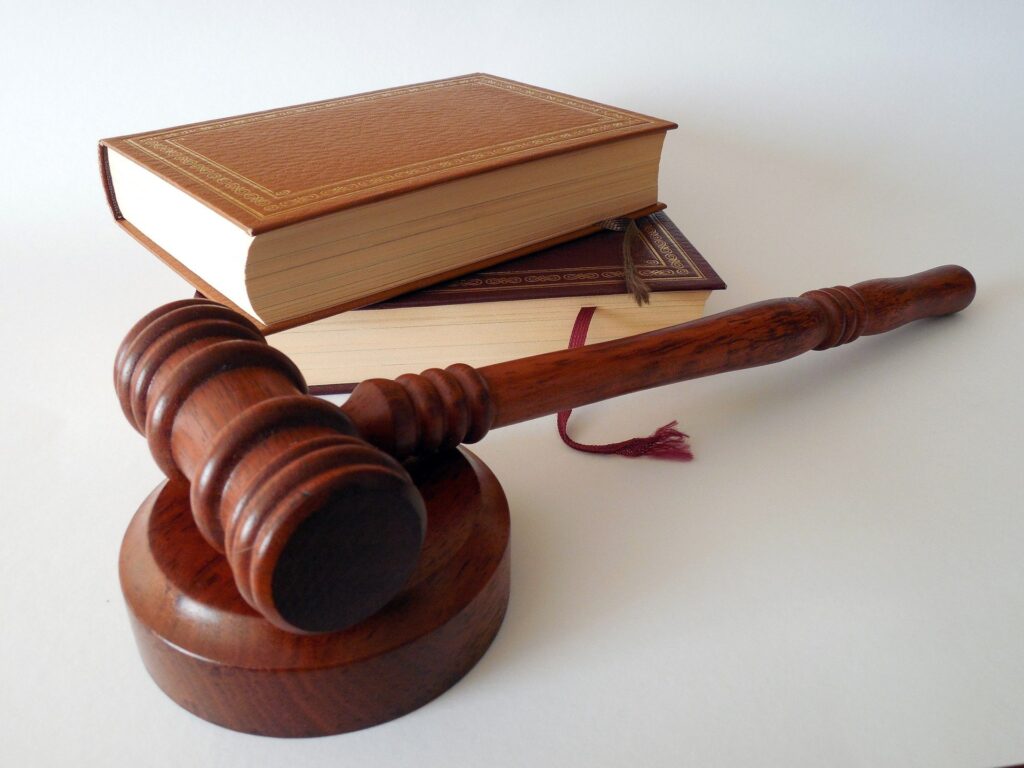As courts have resumed their normal operations, many debt collection lawsuits that were pending prior to Covid, or filed after Covid, have now gone to judgment. One of the methods for a judgment creditor to collect the money owed on the judgment is to garnish sources of income. However, there are many sources of income which cannot be garnished.
Government benefits like Social Security, unemployment income, and the Advanced Child Tax Credit cannot be garnished. Income from a public or private pension plan cannot be garnished if it is ERISA – qualified. Regular monthly income from an IRA or 401(k) plan is also protected from garnishment. However, there are instances in which a significant lump sum distribution may be at risk of seizure for a collection judgment. Military benefits in the form of retirement and/or VA disability are also exempt from garnishment for a collection judgment. Finally, child support payments cannot be garnished
Unfortunately, the burden of establishing the appropriate exemption will be placed upon the defendant. And while the above – listed sources of income cannot be garnished, there is the risk of bank account seizure if exempt funds are co-mingled with non—exempt funds from sources such as wages, self-employment, property sales, or voluntary contributions from family members or friends through apps like Zelle, Venmo and PayPal. Most of the time, if the bank or credit union in which the funds are deposited cannot verify what can and cannot be exempted, they will freeze the bank account pending a determination from the court that issued the garnishment of what funds need to be released to the judgment creditor, and what funds the defendant will be allowed to keep. As a practical matter, even if the garnishment attempt is later denied to the extent that most of the funds are exempt, the inaccessibility of the funds in the account in the meantime can be catastrophic. Monthly deductions like life insurance, car insurance, and utilities may not be paid, and could potentially be canceled or cut off.
If a creditor has obtained a judgment against you, it would be wise to consult a bankruptcy attorney. The filing of a bankruptcy case will prevent any collection activity, including the enforcement of a judgment and garnishment of wages and funds on deposit. Don’t wait until it is too late, and your funds are not available to maintain your regular monthly expenses.

